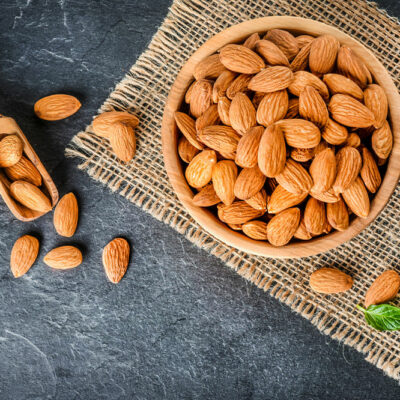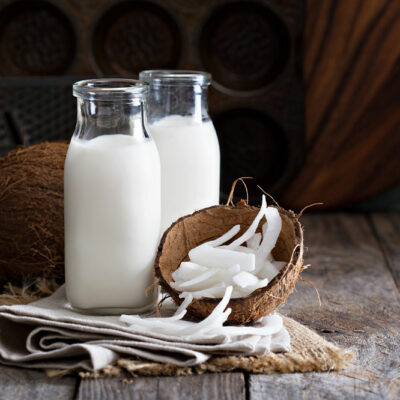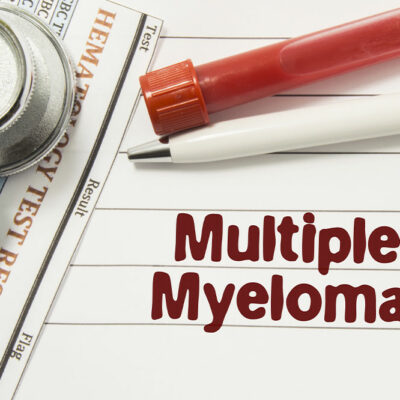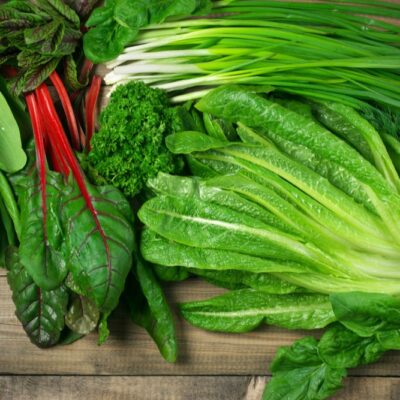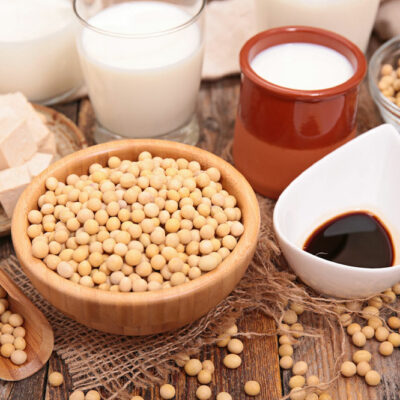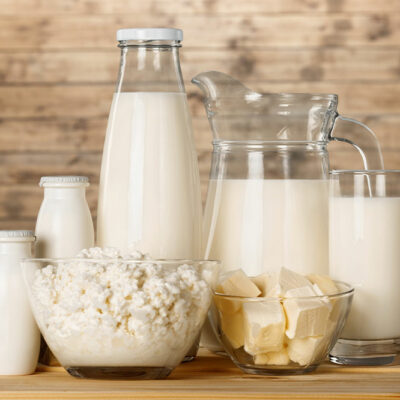
health
6 common foods to avoid with eosinophilic esophagitis
Eosinophilic esophagitis (EoE) is a chronic inflammatory disorder caused by excess white blood cells called eosinophils. It can be triggered due to allergens in specific foods or environmental allergens. Monitoring one’s food intake is essential to manage the condition in the long term. The most common approach doctors use for this is the elimination method. Patients are asked to remove particular foods from their nutrition plan and slowly reintroduce them to determine the underlying cause. Dairy One must avoid milk, milk products, and ingredients that contain dairy. This includes cow, goat, and sheep milk. Dairy foods that can trigger eosinophilic esophagitis are buttermilk, condensed milk, cream, evaporated milk, butter, margarine, cheese, ice cream, yogurt, sour cream, and mayonnaise. Milk proteins like casein, diacetyl, lactalbumin, lactose, lactulose, rennet casein, tagatose, and whey can have a similar effect. Nuts Nuts and lychees can trigger inflammation in people with this disorder. So, patients must avoid them, along with ingredients like nut meal, nut meat, nut milk, nut extracts, nut paste, and peanut oil. Eggs Eggs, egg substitutes, eggnog, egg sauces, and egg noodles must be kept out of the menu for managing eosinophilic esophagitis. One must also avoid ingredients like albumin, lysozyme, ovalbumin, lecithin, globulin, and ovovitellin.
